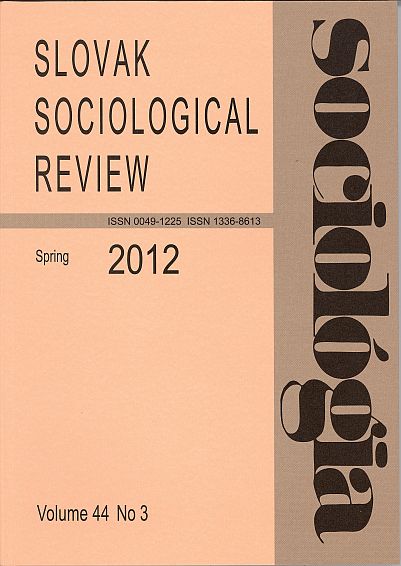The Effects of Multinational Corporation (MNC) Penetration on the Global Political Economy. A Re-analysis of a Recurrent Sociological Proposition with
The Effects of Multinational Corporation (MNC) Penetration on the Global Political Economy. A Re-analysis of a Recurrent Sociological Proposition with
Author(s): Almas Heshmati, Arno TauschSubject(s): Social Sciences
Published by: Sociologický ústav - Slovenská akadémia vied
Keywords: International Relations and International Political Economy – General; Economic Development; Technological Change; and Growth – Economic Development – General; Economic Integration; Oligopoly and Other Forms of Market Imperfection; Cross-Sectional Models
Summary/Abstract: The Effects of Multinational Corporation (MNC) Penetration on the Global Political Economy. A Re-analysis of a Recurrent Sociological Proposition with Contemporary Data. In this essay we reconsider the effects of direct foreign investments on the host countries around the globe. A number of sociological analyses (Bandelji 2009; Mahutga – Bandelji 2008), already applied such a question to Central and Eastern Europe (CEE). Is the growing penetration of host countries of multinational investment heralding the promised gains of stable economic growth and social cohesion, or is social polarization around the corner instead? In our re-analysis with contemporary data of one of the most influential essays ever published in international sociology (Bornschier – Chase-Dunn – Rubinson 1978), which predicted that direct foreign investment would increase economic inequality and that it would have a short-term dynamic, but a long-term stagnation effect on the economic growth of the host countries (Bornschier – Chase-Dunn – Rubinson 1978: 651), we re-confirm the main thrust of the sceptical hypotheses on multinational corporation (MNC) penetration. We also show that on the global level and in the 183 countries analysed there is indeed a very strong connection between foreign capital penetration in the mid-1990s on the one hand and rising inequality, deficient life expectancy, rising unemployment, and a deficient under five mortality rate in the first decade of the new Millennium on the other. Economic growth in the contemporary period (2010) is also being determined negatively by the long-term effects of multinational corporation penetration in the mid-1990s, while in the period between 1990 and 2005 the effect was positive. We thus confirm that the approach, established by Bandelji 2009 and Mahutga and Bandelji 2008, is a valid one, and can be generalized on a global level. Sociológia 2012, Vol. 44 (No. 3: 314-347)
Journal: Sociológia - Slovak Sociological Review
- Issue Year: 44/2012
- Issue No: 3
- Page Range: 314-347
- Page Count: 34
- Language: English

